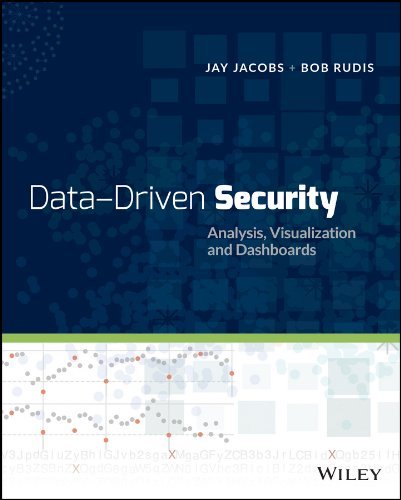UPDATE: While the cautionary advice still (IMO) holds true, it turns out that – once I actually looked at the lat/lng pair being returned for the anomaly presented below, the weird results come from horrible precision resolution from the initial IP address → lat/lng conversion (which isn’t the fault of @fslabs, but of the service they used). It’s hard to get a ZIP code right/more precise when you only have integer resolution (
38.0,-97.0).
We’re still crunching through some of the ZeroAccess data and have some (hopefully) interesting results to present, but an weirld GeoIP anomaly has come up that I wanted to quickly share.
To get some more granular data, I’m using the GeoNames API to get the latitude/longitude pairs down to various US-level ZIP codes to facilitate additional analysis. During this exercise (which hasn’t finished as of this blog post due to needing to pace the API calls), it has become quite noticeable that GeoIP-coding definitely has flaws. Take, for example, Potwin, KS:

This cozy little town (population ~450) has the largest collection of bots, so far : 800. Yes, 800 bots (computers) in a 128 acre town of 450 people. (#unlikely)
Either there’s some weirdness in the way @fslabs is tracking the bots (which is possible since we only have a lat/long file with no other context/data to look at) or we need to treat GeoIP results very lightly – or at least do some post-processing validation – since I suspect a decent portion of the 800 bots are actually in neighbor to the southwest:

I know GeoIP translation is not an exact science and is dependent upon a whole host of factors, but this one was just pretty humorous. It has caused me to slightly question the @fslabs data a bit, but I’m comfortable assuming they did sufficient due diligence before crafting an IP address list to geocode.
In case you’re wondering what the other “Top US Bots” are (with 7K more to crunch):

